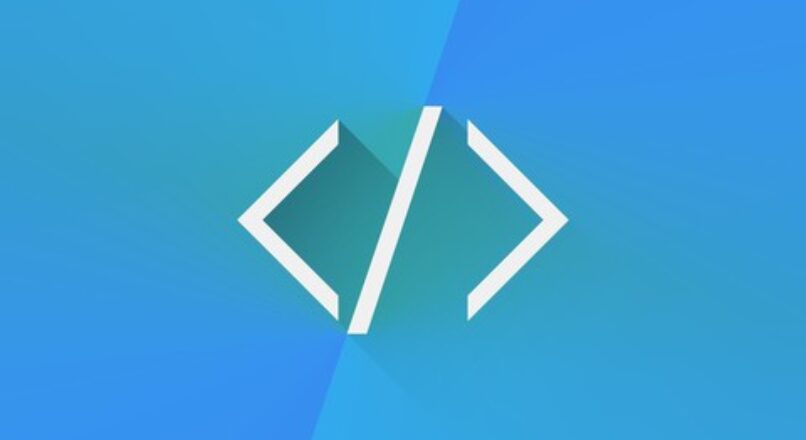
Orakel 1Z0-144 | Orakel (10g, 11g & 12c) Programmeren met PL/SQL

Prijs: $19.99
In deze cursus, je krijgt alleen de examenoefenvragen. There are not any lectures on these exams. Oefen examens. Als u geconfronteerd wordt met deze oefentoetsen, Oefen examens.
Examencode: 1Z0-144
Examentitel: Oracle Database 11g: Programmeren met PL/SQL
Review the Official Oracle 1Z0-144 Exam Details: Looptijd: 90 Minuten, Nee. Of Questions: 63, Slagingsscore: 65% Gegevensmigratie/validatie: This exam has been validated against Oracle Database 10g, Oracle Database 11g, Oracle Database 11g Release 2, and Oracle Database 12c Release 1.
1Z0-144 Exam Official Topics:
Oracle Database 11g: PL/SQL Fundamentals
-
Introduction to PL/SQL
-
Explain the need for PL/SQL
-
Explain the benefits of PL/SQL
-
Identify the different types of PL/SQL blocks
-
Output messages in PL/SQL
-
Declaring PL/SQL Variables
-
Recognize valid and invalid identifiers
-
List the uses of variables, declare and initialize variables, use bind variables
-
List and describe various data types using the %TYPE attribute
-
Writing Executable Statements
-
Identify lexical units in a PL/SQL block
-
Use built-in SQL functions in PL/SQL and sequences in PL/SQL expressions
-
Describe when implicit conversions take place and when explicit conversions have to be dealt with
-
Write nested blocks and qualify variables with labels
-
Write readable code with appropriate indentation
-
Interacting with the Oracle Database Server
-
Create PL/SQL executable blocks using DML and transaction control statements
-
Make use of the INTO clause to hold the values returned by a SQL statement
-
Writing Control Structures
-
Identify the uses and types of control structures (ALS, CASE statements and expressions)
-
Construct and identify loop statements
-
Apply guidelines when using conditional control structures
-
Working with Composite Data Types
-
Create user-defined PL/SQL records
-
Create a record with the %ROWTYPE attribute
-
Create an INDEX BY table and INDEX BY table of records
-
Describe the differences among records, tafels, and tables of records
-
Using Explicit Cursors
-
Distinguish between usage of implicit and explicit cursors, use SQL cursor attributes
-
Declare and control explicit cursors, use simple loops and cursor FOR loops to fetch data
-
Declare and use cursors with parameters
-
Lock rows with the FOR UPDATE clause and reference the current row with the WHERE CURRENT OF clause
-
Handling Exceptions
-
Define PL/SQL exceptions
-
Recognize unhandled exceptions
-
Handle different types of exceptions (pre-defined exceptions, non-predefined exceptions and user-defined exceptions)
-
Propagate exceptions in nested blocks and call applications
-
Creating Stored Procedures and Functions
-
Differentiate between anonymous blocks and subprograms
-
Create a simple procedure and invoke it from an anonymous block
-
Create a simple function
-
Create a simple function that accepts a parameter
-
Differentiate between procedures and functions
Oracle Database 11g: Develop PL/SQL Program Units
-
Creating Procedures
-
Differentiate between anonymous blocks and subprograms, use a modularized and layered subprogram design, and identify the benefits of subprograms
-
Create a simple procedure and invoke it from an anonymous block
-
Work with procedures
-
Handle exceptions in procedures, remove a procedure, and display a procedure’s information
-
Creating Functions
-
Differentiate between a procedure and a function
-
Describe the uses of functions
-
Work with functions (creëren, invoke and remove functions)
-
Creating Packages
-
Identify the benefits and the components of packages
-
Work with packages (create package specification and body, invoke package subprograms, remove a package and display package information)
-
Working with Packages
-
Overload package subprograms, use forward declarations
-
Create an initialization block in a package body
-
Manage persistent package data states for the life of a session and use PL/SQL tables and records in packages
-
Using Oracle-Supplied Packages in Application Development
-
Describe how the DBMS_OUTPUT package works
-
Use UTL_FILE to direct output to operating system files
-
Describe the main features of UTL_MAIL
-
Using Dynamic SQL
-
Describe the execution flow of SQL statements
-
Use Native Dynamic SQL (NDS)
-
Use the DBMS_SQL package
-
Design Considerations for PL/SQL Code
-
Create standard constants and exceptions
-
Write and call local subprograms
-
Control the run-time privileges of a subprogram
-
Perform autonomous transactions
-
Use NOCOPY hint, PARALLEL ENABLE hint and DETERMINISTIC clause
-
Use bulk binding and the RETURNING clause with DML
-
Creating Triggers
-
Describe different types of triggers and their uses
-
Create database triggers
-
Manage triggers
-
Creating Compound, DDL, and Event Database Triggers
-
Create triggers on DDL statements
-
Create triggers on system events
-
Using the PL/SQL Compiler
-
Describe the new PL/SQL compiler and features
-
Use the new PL/SQL compiler initialization parameters
-
Use the new PL/SQL compile time warnings
-
Managing PL/SQL Code
-
Describe and use conditional compilation
-
Hide PL/SQL source code using dynamic obfuscation and the Wrap utility
-
Managing Dependencies
-
Track and manage procedural dependencies





Laat een antwoord achter
Je moet Log in of registreren om een nieuwe opmerking toe te voegen .